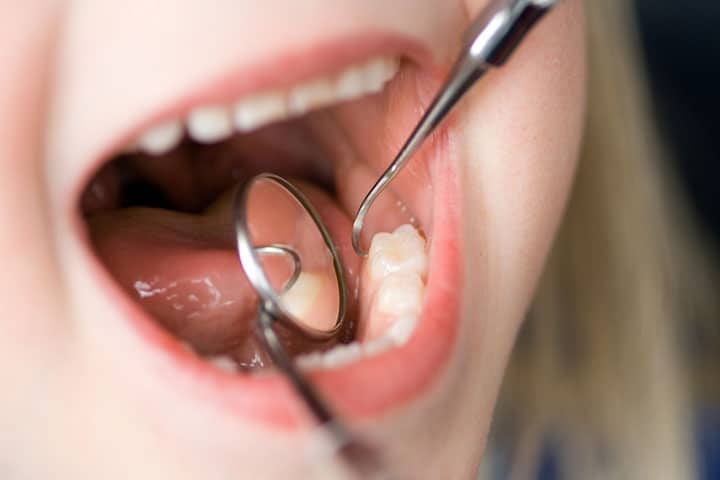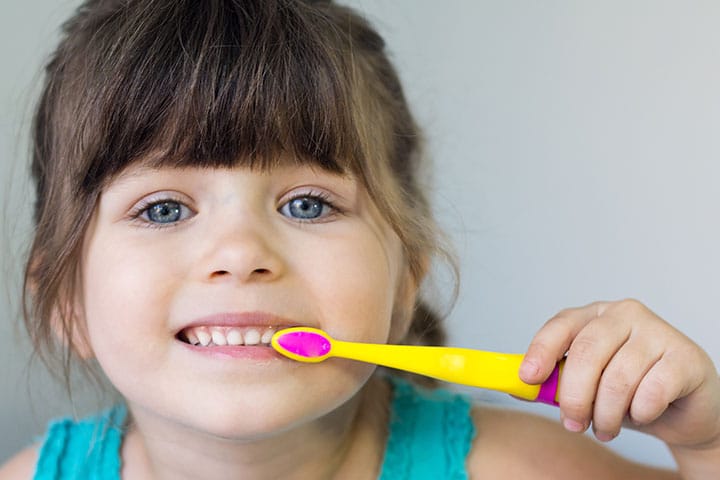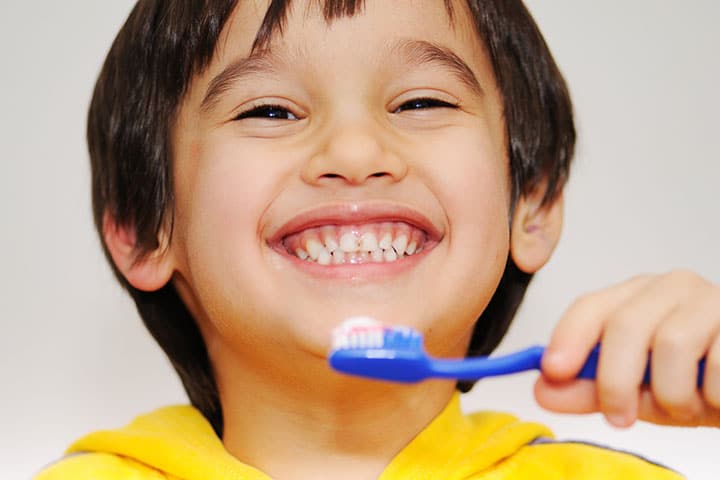Children's Dentists
At Smilefocus Paediatric Dental Services, we believe in making every child's visit to the dentist a delightful and enriching experience. Nestled in the heart of Singapore, our clinic is dedicated to providing top-notch dental care tailored specifically for our little patients. Our goal? Ensure your child not only sports a healthy smile but also looks forward to their dental visits with excitement.

- Early Beginnings: We encourage starting dental visits by 12 months of age, setting the foundation for optimal oral health and establishing a routine of six-monthly check-ups.
- A Comprehensive Care Approach: From oral examinations to fluoride treatments and nutritional advice, our services cover every aspect of paediatric dental care.
- Specialised Treatments: Our dental sealants protect the most vulnerable areas of your child's teeth, offering a shield against plaque and food particles.
- Guidance for Parents: We provide clear instructions on the appropriate type of toothpaste for children of all ages, ensuring the prevention of Fluorosis while maintaining dental hygiene.
- Support for Special Needs: Children with special needs receive our utmost attention and care, ensuring they feel comfortable and secure throughout their dental journey.
- Joyful First Visits: Making the first dental visit a positive experience.
- Regular Check-ups: Emphasizing the importance of routine care.
- Oral Health Treatments: Offering cleanings, fluoride treatments, sealants, and more.
- Radiant Smiles: Through cleanings and preventive care.
- Educational Guidance: Providing oral hygiene instructions and nutritional advice.
- Customised Care: Tailored advice and treatments for children of all ages.
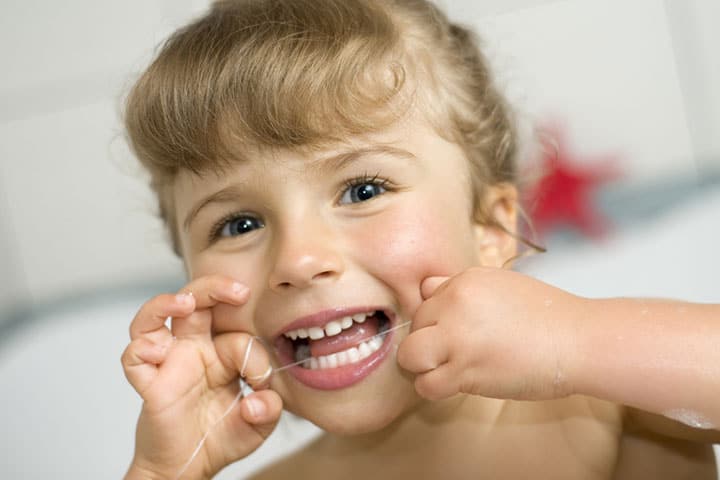
Toothbrush bristles cannot reach all the way into the depressions and grooves of the back teeth to extract food and plaque. This is where dental sealants can help.
Sealants protect these vulnerable areas by "sealing out" plaque and food. Dental sealants are a plastic resin that your dentist or oral therapist applies to the chewing surfaces of the back teeth (premolars and molars) of children. Applying a dental sealant is a quick and easy process, and once complete the sealants are also undetectable. They can only be seen close-up and are rarely visible when your child talks or smiles. The sealant bonds into the depressions and grooves (pits and fissures) of the chewing surfaces on the back teeth, acting as a barrier to protect enamel from plaque and acids. They cause no obstruction to flossing and do not inhibit the normal development of the teeth in any way.
Children from age 3 upwards who are old enough to rinse and spit could start using toothpaste containing at least 1000ppm fluoride (present in adult toothpaste or selected child toothpaste). Low fluoride toothpaste (eg 500, 250 ppm F) available in the market are not effective preventing cavities.
Children under the age of around 6 years should use a children’s toothpaste because these toothpastes contains less fluoride. This is important as younger children are more likely to swallow, so using a low-dose fluoride toothpaste will ensure they do not get ‘Fluorosis’, which is a condition affecting the tooth enamel. A child only needs a small dab of toothpaste at this age.
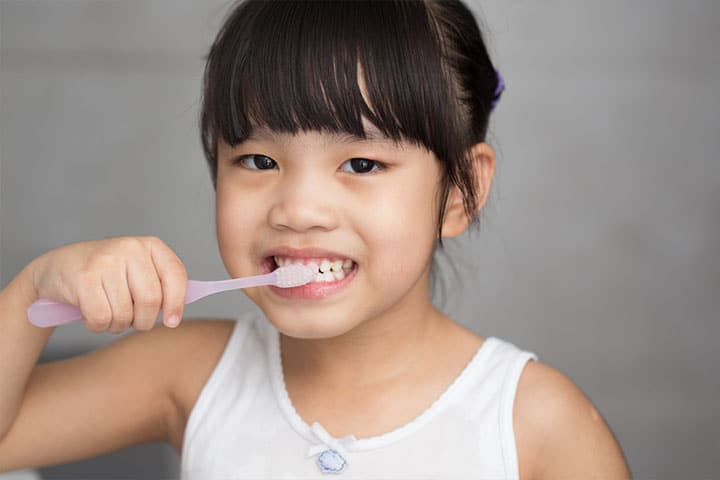
Many parents of children with special needs are anxious about how their child will cope with dental treatment. This anxiety can lead to parents not taking their children to the dentist. We have over 20 years experience of dealing with children with special needs and we will work with you on the best approach to make your child relaxed and comfortable throughout their appointment.

